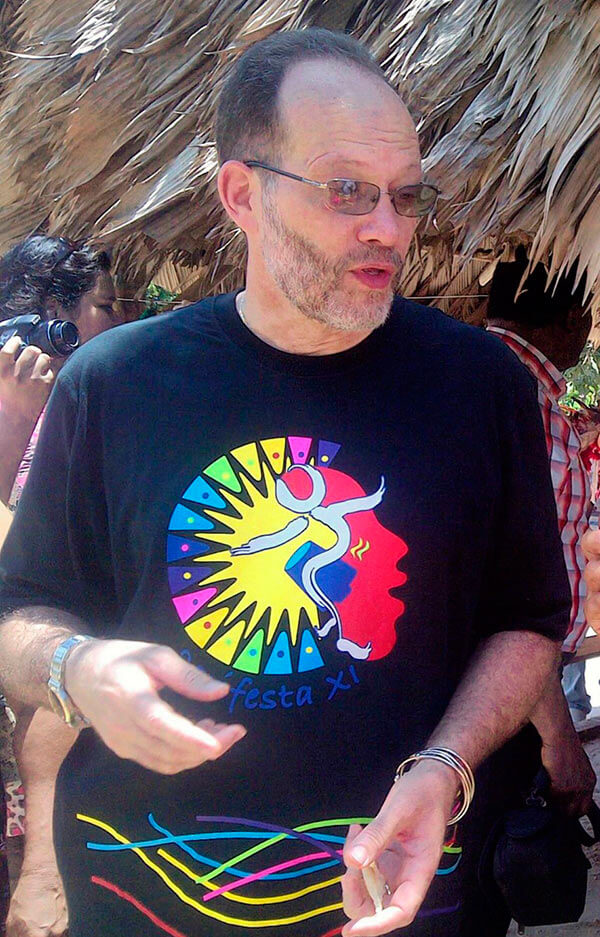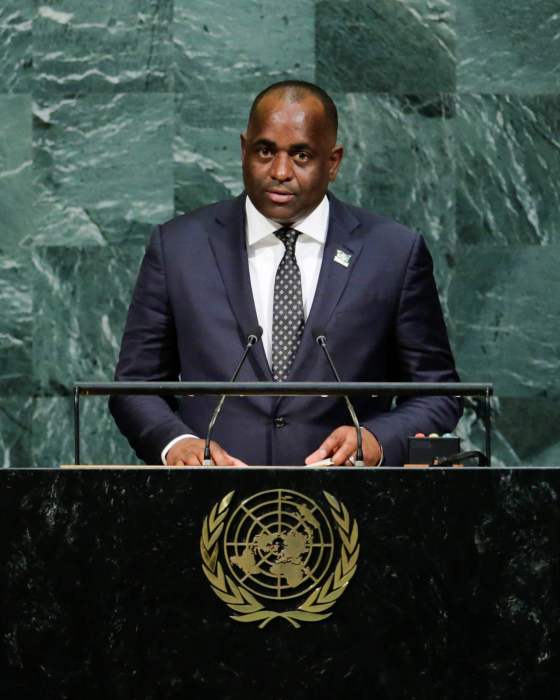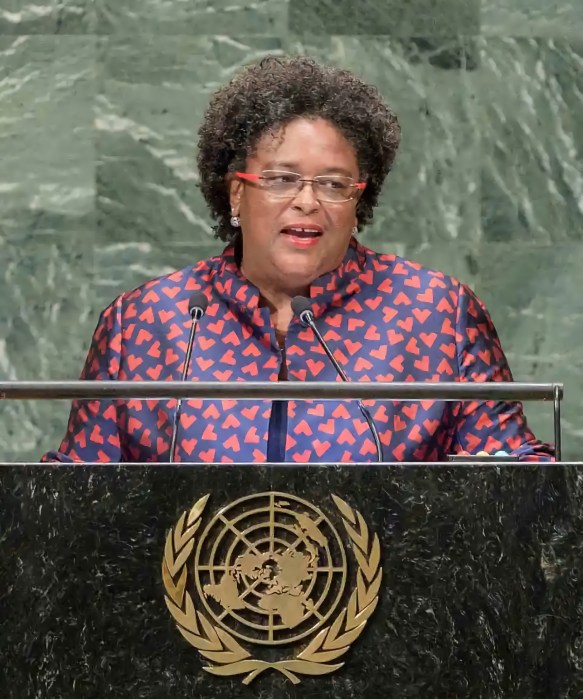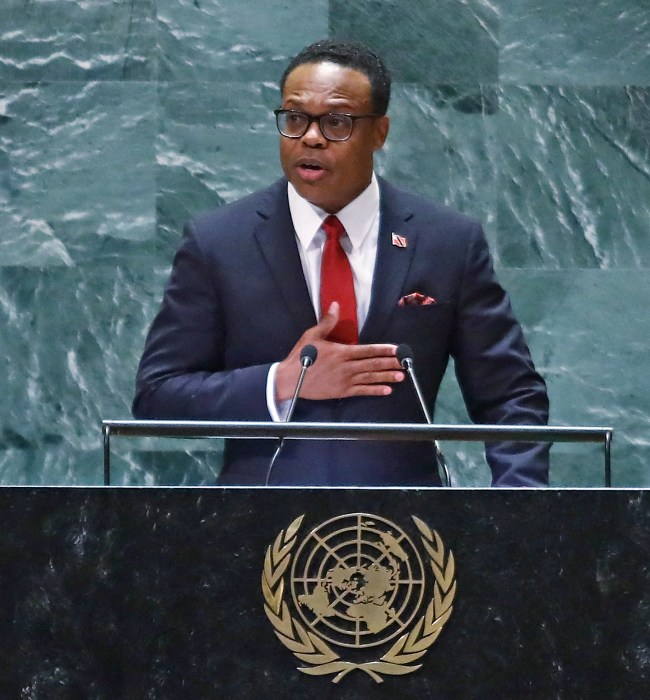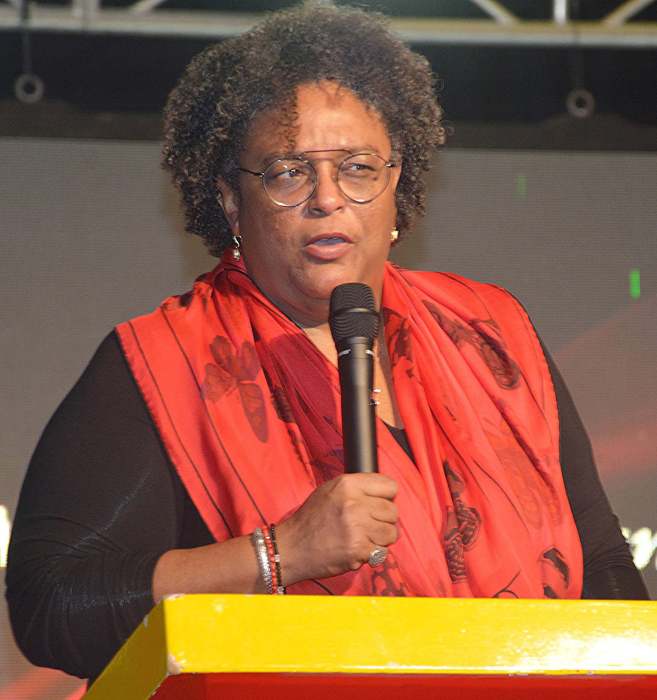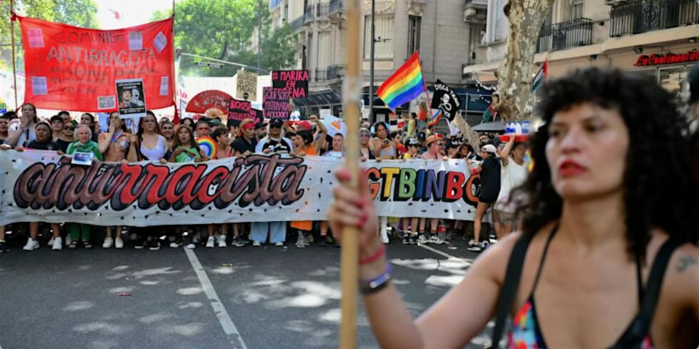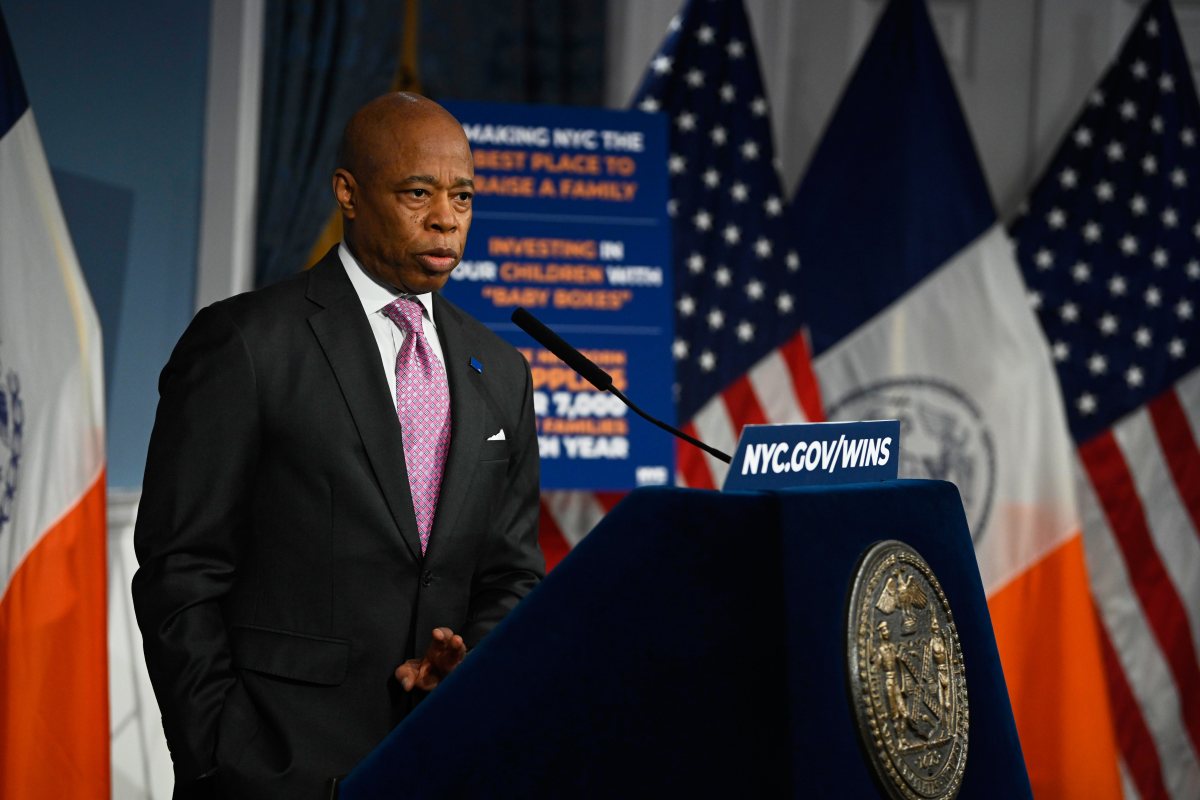When Caribbean Community leaders meet for their annual summit in Grenada in early July, they would have the very challenging task of setting up a coordinated system to monitor ISIS fighters returning to the region from the Middle East.
Keith Rowley, the prime minister of Trinidad and Tobago, is the leader designated by colleagues to coordinate crime and security efforts in the group of 15 nations. He would have the task of presenting a report to fellow heads of government on exactly how the region will tackle this situation.
Earlier this week, security officials from across the region and around the world met in Trinidad ahead of the leaders summit beginning on July 4 to work on a regional arrest warrant system and another that would target confiscation of assets.
The proposed system will also look at sharing recovered assets as well as drafting and approving a harmonized set of anti terrorism legislation for the group of nations.
“The question for the region on terrorism isn’t a matter of if but ‘when’,” said Ed Dillon, Trinidad’s security minister and a retired brigadier general.
Irwin LaRocque, secretary general of the Guyana-based CARICOM, Secretariat supported Dillon’s take on the situation suggesting that “our region can’t afford complacency — one act of terrorism in one state will resonate and have implications across the region.”
Officials such as Francis Forbes, a retired Jamaican police chief and now coordinator of the umbrella Implementation Agency for Crime and Security (IMPACS), said authorities have the unenviable task of trying to monitor and keep track of more than 200 Caribbean nationals who have traveled to and fought in ISIS territories mostly in the Middle East. More than 130 of these have been specifically identified as actual fighters. Some traveled with families.
Impacts and the United States, he said, are tracking “several hundred” from the region and South America who went overseas, reported the Trinidad Guardian. The conference was held at the Hyatt in Port of Spain and is setting up the documentation and data for the leaders summit in Grenada.
Forbes said that the exact means of recruitment remained to be ferreted out and many of the fighters belonged to close personal networks that officials have to keep an eye on.
The United States State Department, Interpol based in France and several global and regional security agencies were represented at the conference.
Experts at the conference tried to cast their nets and thought process as far as possible, looking at possible motivations for men born in the region leaving the area to take up a cause in the Middle East.
The influence of radical Islamic clerics in the region and their effects on youth came up for discussion and was identified as another area to be focused on as well as peer to peer networks, exploitation of the banking system to move money around and easy access to online subversive literature.
In built fear of “so-called lone wolf” attacks is another area of concern Forbes said. Dillion said complacency could be the region’s worst enemy.
“CARICOM countries must seek to criminalize and penalize acts of terrorism by nationals and non-nationals in a coordinated manner and regional anti-terrorism legislation must be equally stringent and consistent. As such, the CARICOM Model Anti-Terrorism Bill and the proposed Agreement on the Return (of FTFs) and / or sharing of recovered assets are important tools which the region should seek to finalize as a matter of urgency,” he said.



